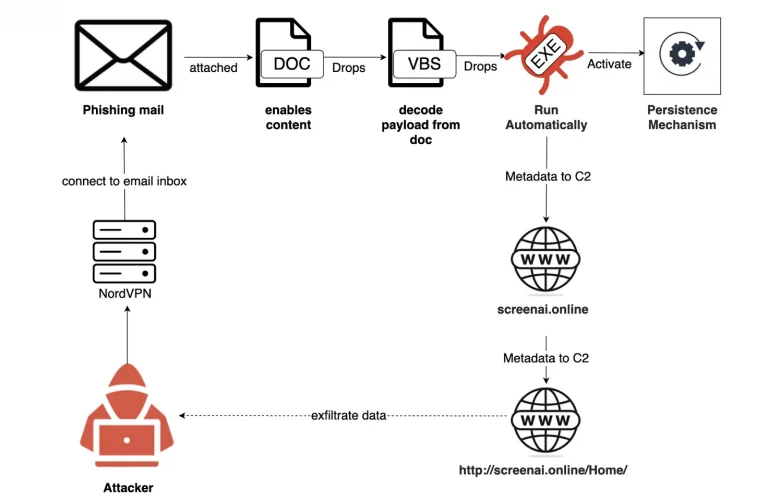
China’s Ministry of State Security has issued two high-profile warnings, alleging the deliberate implantation of backdoors into both software and hardware components—across terrestrial and coastal infrastructure. The warnings span a broad spectrum of threats, from ostensibly benign remote access features embedded by manufacturers, to purported clandestine operations conducted by foreign intelligence agencies under the guise of scientific research in Chinese territorial waters.
The first announcement, published on the ministry’s official WeChat page, emphasized that some hardware and software vendors introduce remote management mechanisms at early stages of development—ostensibly for maintenance and technical support. However, over time, these channels may be hijacked by malicious actors, who can exploit these covert pathways for data exfiltration, user surveillance, or even acts of sabotage.
The rhetoric becomes markedly sharper in the second part of the publication, which focuses on supply chain attacks. Here, the ministry no longer speaks of incidental vulnerabilities but rather deliberate insertion of malicious components during development, assembly, or distribution phases. Such actions are characterized as acts of orchestrated subversion, which the ministry attributes to foreign intelligence services.
Against this backdrop, the ministry unequivocally urges a complete shift away from foreign-made equipment in favor of domestic alternatives—a call delivered without regard to use-case specifics or trust levels associated with international suppliers. It is noteworthy that such directives are being promoted by a state that itself extensively employs digital tools for surveillance and societal control on a national scale.
The second publication delves into maritime matters. According to the ministry, foreign powers are allegedly deploying espionage devices in China’s territorial waters under the pretense of conducting scientific expeditions or environmental research. The stated objective of such operations includes the collection of technical data, monitoring of maritime traffic, and industrial espionage near China’s maritime borders.
In particular, Chinese fishermen reportedly recovered a submersible device from the seabed, allegedly designed to covertly record hydrological parameters and track vessel movements. Authorities believe the apparatus was intentionally planted in a coastal area by a foreign state. The ministry also refers to a so-called “maritime civil organization” which, under the guise of transferring collected data to official agencies, was allegedly carrying out covert operations to acquire sensitive coastal intelligence.
While the statements stop short of naming specific countries, companies, or entities, previous declarations by the ministry suggest frequent criticism directed toward the International Maritime Organization, which oversees global ocean monitoring and nautical charting efforts.
Both messages conclude with a call to Chinese citizens to heighten their vigilance around cybersecurity issues, remain alert, and promptly report any suspicious activities to the authorities. In the ministry’s view, digital threats and attempts at foreign interference demand a coordinated, society-wide response.





